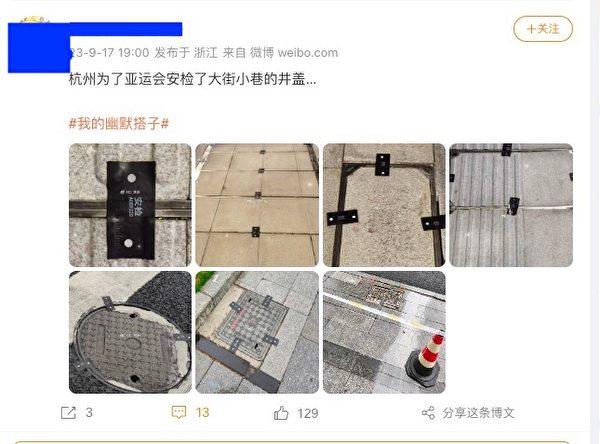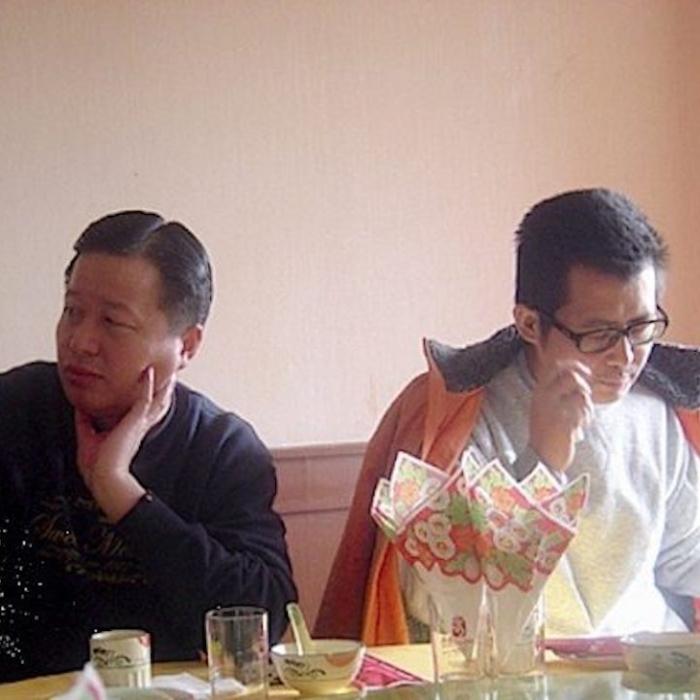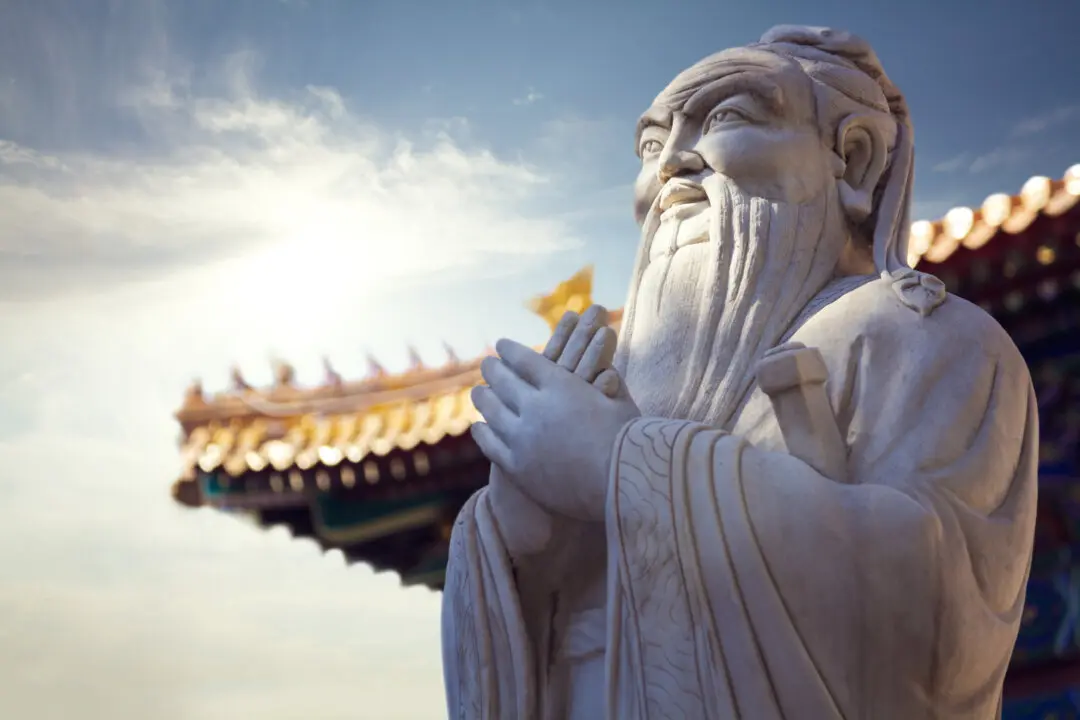The 19th Asian Games kicked off on Sept. 23 in China’s Hangzhou city, after a year’s delay due to Beijing’s stringent zero-COVID policy that was lifted late last year.
The country’s biggest sporting event in over a decade brings about 12,000 athletes from 45 nations to compete in 40 sports in the capital city of Zhejiang Province.
Stringent Safety Inspections
The Asian Games are held in 56 venues, 42 of which are located in Hangzhou and 14 in five neighboring cities. The authorities have reportedly imposed over-the-top security measures.One Hangzhou resident, who spoke to the Chinese language edition of The Epoch Times on the condition of anonymity, said that railway passengers heading to the city and other hosting cities must go through multiple checkpoints; travel is limited for passenger cars, and many roads have been closed.
Hangzhou resident Dong Liming (pseudonym) told The Epoch Times that the authorities are closely monitoring the locals.
“If you’re on their blacklist and you’re near any of the sporting venues, you’ll receive a warning message,” Mr. Dong told the publication on Sept. 19.
Individuals deemed as enemies by the Chinese Communist Party (CCP) are placed under strict surveillance, particularly during major events.
Mr. Dong said security has ramped up since mid-September. Guards and security posts are stationed around sporting venues to prevent ordinary people from getting near them.
“If you walk in the street carrying a bag, you may be stopped [by police] anytime for a safety check,” he said.
Another resident, Li Youlin (pseudonym), told the publication that public transport passengers must have their belongings checked and must drink whatever liquids they carry in front of the security guard to prove they are not explosives or poisonous.

Moreover, Mr. Li noted that all types of manhole covers in Hangzhou are sealed with security seals and affixed with safety inspection labels. “All electrical manhole covers, communication manhole covers, and drainage manhole covers have undergone inspection. Each manhole is labeled individually, and all are sealed with special safety inspection seals,” he said.
Dissidents Under Surveillance
The CCP suppressed dissidents living in Hangzhou and neighboring cities during the Asian Games.Ms. Yan (pseudonym), a petitioner, has been seeking justice after her company was forcibly torn down by authorities 18 years ago. She was detained for 19 months in a local detention center. Since then, Ms. Yan has been under constant surveillance, she told the Chinese language edition of The Epoch Times on Sept. 22.
“The local authorities and police began to monitor me again on Sept. 19, before the opening of the Asian Games,” she said.
Ms. Yan didn’t give any detail as to why and how she lost her company.
Furthermore, she said she lost contact with her fellow petitioners at this time due to strict monitoring by police.
“The authorities installed high-definition night vision surveillance cameras a few days ago, about 30 meters away from my house. They have installed at least five surveillance cameras in the first layer of security near my house,” Mr. Shao told the publication on Sept. 22.
He said that the authorities implemented four other layers of surveillance: a police guard post situated about 20 meters away from his home, a van with plainclothes police about 50 meters away, a checkpoint about 80 to 100 meters away, and thugs all around his property.
“I was told that I will be isolated on the island for at least two months,” said Mr. Gong.
According to Reuters, the Hangzhou government spent over $30 billion on transport infrastructure, stadiums, accommodation, and other facilities from 2016 to 2020.
There has been no public information on the spending on these investments since 2020.
The games will run for two weeks until Oct. 8.







